Measures for fighting money laundering
The Chamber of Deputies of Romania's Parliament passed the draft law on preventing and fighting money laundering and the funding of terrorism

Ştefan Stoica, 23.10.2018, 11:33
The draft law on
preventing and fighting money laundering and the funding of terrorism on Monday
passed by Romanian deputies transposes European directives in the field into
the Romanian legislation. Basically, the draft law provides for a ban on the
issuing of bearer bonds and compels associations and foundations to report all
the beneficiaries of the sums of money to the state institutions. According to
an amendment, the organizations of national minorities, members of the Council
of National Minorities, are exempt from those provisions and shall not make any
reports.
The amendment is regarded as a concession made by the leftist majority
made up of the Social Democratic Party and ALDE to the Democratic Union of
Ethnic Hungarians in Romania, with which it collaborates in Parliament, the
political representative of the largest ethnic minority, the Hungarian
minority. The law bans the issuing of new bearer bonds and the carrying out of
transactions with the existing bonds, which become fully invalid under an annulment
clause. The bonds which are not forwarded to the head office of the issuing
company are cancelled de jure when
the stipulated deadline expires and the share capital is slashed. Should joint-stock
companies fail to fulfill their obligation of conversion before the deadline,
all bonds will be wound up. Upon request from any stakeholder or the National
Trade Register Office, the court or a specialized court can rule the winding up
of the company, according to the new law.
The main opposition party, the
National Liberal Party announced it does not back the draft law. Liberal deputy
Ion Cupsa said that the law affects civil society and organizations and
foundations cannot be fully efficient due to excessive bureaucracy. The Save
Romania Union, USR, also criticized the draft law. USR deputy Stelian Ion said
it is a hazardous law because it introduces an instrument of constraint on
associations and foundations. If they do not humor the rulers, the latter can
apply fines conducive to their dismantling, Stelian Ion warned. Not even UDMR
is content with the draft law though the amendment favoring the minorities was
passed. UDMR deputy Marton Arpad said that an amendment solving the problem of
19 NGOs had been passed, but the problem of tens of thousands of other NGOs is
still pending.
Defending the draft law, Social-Democrat deputy Nicusor Halici,
president of the Judicial Commission, made it clear that there are two European
directives which had to be transferred into the Romanian legislation and the
deadline has already expired. The final vote on the law will be cast on
Wednesday.
(Translated by A.M. Palcu)






























